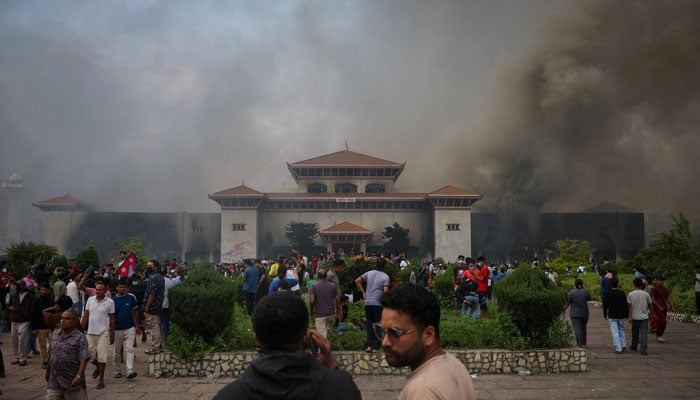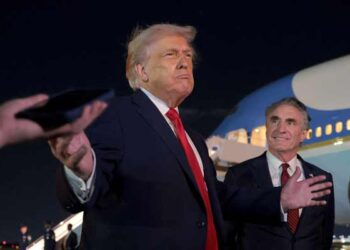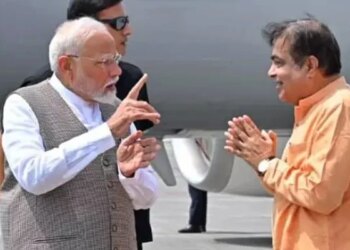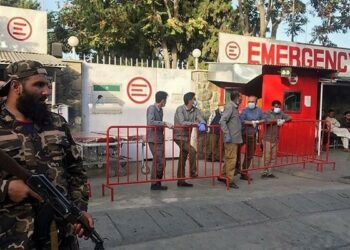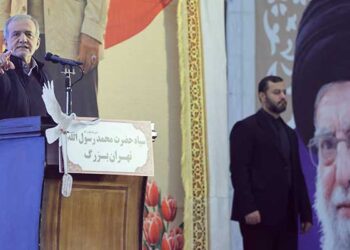Select Language:
Protesters gathered outside the Parliament building in Kathmandu as smoke billowed from a fire they ignited during demonstrations over the recent killing of 19 people on Monday. The unrest erupted after anti-corruption protests, initially sparked by a social media ban that was later lifted, coincided with a curfew in the city.
Nepalese media reported that Rajyalaxmi Chitrakar, the wife of ex-Prime Minister Jhalanath Khanal, was fatally injured in an attack on her home in Dallu. Family members say protesters forced their way inside before setting the house on fire. She was rushed to Kirtipur Burn Hospital in critical condition but died from her injuries, suffering severe burns on multiple parts of her body, including her lungs.
This violence coincided with a second day of intense protests led primarily by Generation Z, fueled by accusations of corruption, high unemployment, and the government’s social media restrictions. Even after the ban was lifted late Monday, demonstrators continued torching buildings, which led to the closure of Kathmandu’s airport and prompted India to advise its citizens to stay indoors for safety.
Footage circulating online showed fires destroying the Parliament building and residences of top leaders, including President Ram Chandra Paudel, Prime Minister KP Sharma Oli, and former Prime Ministers Pushpa Kamal Dahal and Sher Bahadur Deuba. Reports also suggest that Finance Minister Bishnu Paudel was assaulted, though some footage cannot be independently verified.
The previous day, at least 19 deaths occurred during protests—a crackdown considered among the deadliest in recent years, sparking widespread public outrage. In response, Prime Minister KP Sharma Oli resigned after consultations with the Nepal Army Chief. President Paudel, whose office was also targeted and set on fire, called on all parties to exercise restraint and prevent further damage.
India echoed similar sentiments, with Prime Minister Narendra Modi emphasizing that the stability, peace, and prosperity of Nepal are of critical importance to his country. The United Nations rights chief, Volker Turk, expressed shock at the violence and urged for dialogue, although these calls appeared to go unheeded.
Reporters Without Borders (RSF) reported the burning of the Kantipur Media Group’s headquarters and urged protesters not to target journalists. The International Crisis Group described the incidents as a significant turning point in Nepal’s fragile democratic journey.
Kathmandu’s airport remains operational, though some flights were canceled due to smoke affecting visibility, according to airport spokesperson Rinji Sherpa.

